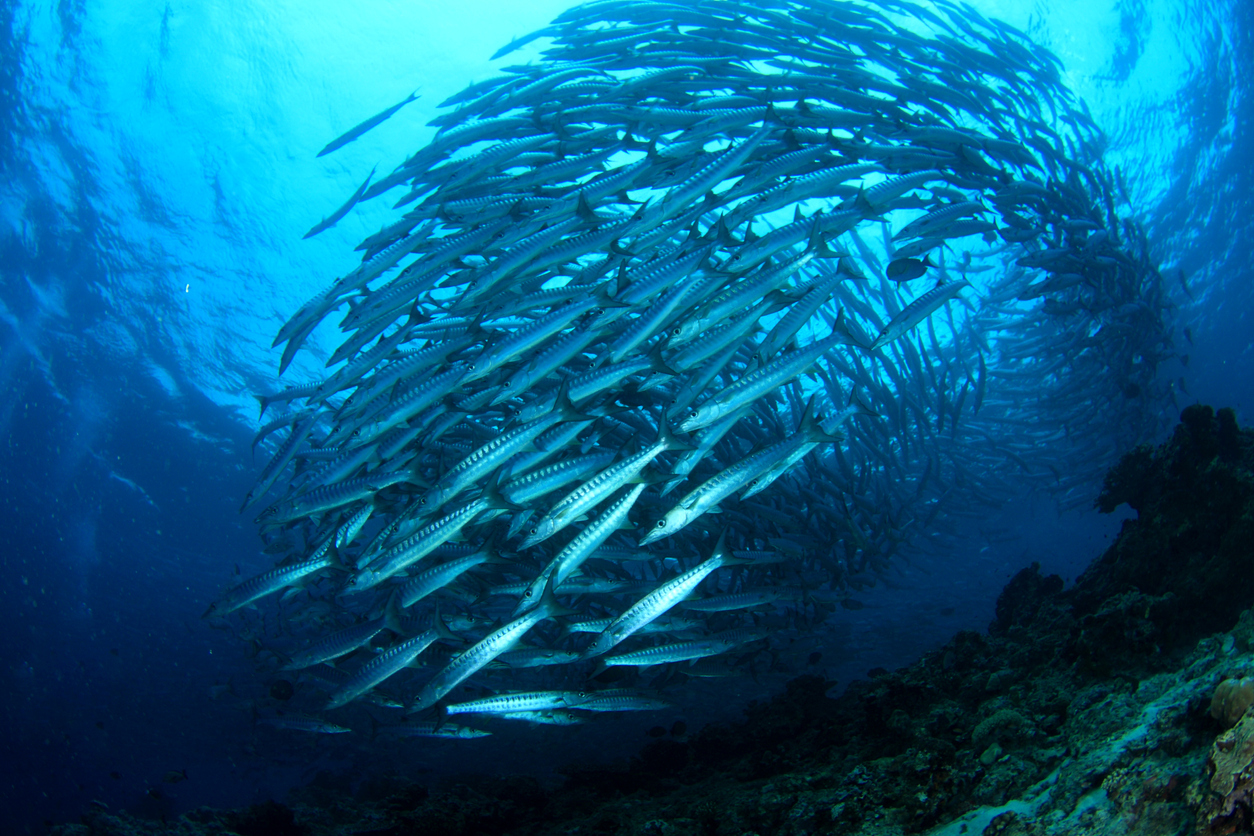Our 2018 Holiday Wish List

Nomads love to celebrate and the end of the year holidays are no exception. In this blog post we share our holiday season wish list.

When I was 20 years old, I lived and studied in China for 6 months. It was 1998, which was a crazy time in China. The reform & opening movement was underway, growth was everywhere, but the vanishing world of Mao and Deng was still there, too. It was a place of staggering poverty on the verge of unleashing extraordinary wealth.
I lived with a group of about 20 other college-attending Americans. We were there to learn Chinese. Every day we had 3-4 hours of classroom time followed by at least a few hours of homework. It was intense. It was repetitive. We all kind of hated it. And we all actually, really learned Chinese.
Taken as a whole, my China semester was the most profound educational experience of my life. I have never learned so much, so fast. It blew up my entire way of understanding the world. It set the course for my career and, ultimately, my entire adult life. It forever changed my understanding of what it means to really learn and how the world really works.
But by far the biggest impact of the experience, the thing I carry with me every day, came from and through the relationships I built with my cohort, my fellow learners. Because we were transformed together by this learning experience, the bond we built was like nothing else in our lives. Twenty years later, I still work with members of that cohort every single day. They are some of my closest friends.
One of them is even my wife.
…
At Nomadic, we are obsessed with what it might look like to create that kind of learning experience digitally. Or, more accurately, to match those kinds of learning outcomes.
It’s a hard question. Because so much of a learning experience like that is time- and place-specific, there is no way to replicate it online.
But if we narrow our lens a bit and look at the pure learning elements and outcomes, there are great lessons to learn for digital education. A few examples:
So at Nomadic, we try to build digital experiences for our clients and learners that achieve those outcomes: they engage and challenge, they change your mind, and they connect you to fellow travelers.
For as long as we’ve existed (about 6 years), Nomadic has struggled with what to call these digital learning experiences we build. In a previous podcast episode entitled Introducing Digital Communities of Practice, Tim and I go in-depth into some of the options we’ve played with (Small-Group Learning, Collaborative Learning, Transformational Learning) and why none of them has every felt right.
We also talk about what we’ve settled on now and why we think this one may be for keeps.
Here’s the short version of that conversation:
Nomadic builds Digital Communities of Practice. And yeah, we call them DCPs.
A Community of Practice is a 30 year old idea and an ancient phenomenon. But we don’t think anyone has really mastered Communities of Practice in the digital age.
In large part, that’s because a high-performing DCP has to fulfill two functions at once: part learning platform, part content house. A DCP is a hybrid creature. As a learning platform, DCPs function as both a source of knowledge/engagement and a forum for connections/networking. But the best DCPs also produce, curate, and deliver a continuous stream of relevant, interesting, and impactful content.
And that’s really the best description of what we build for our partners and clients
The Page Learning Lab, for example, is a place to find courses and content, yes, but it’s also built to help shift your perspective and meet new colleagues from around the world. So is thinkXchange at IBM. Or the Leadership Conversation at CCL.
...
Because it has boundaries, a DCP has natural limits. The goal in a DCP is not increasing engagement horizontally, by adding users without limit. The goal is verticality and depth of engagement with a particular community of users.
That's why traditional tech giants are not very good at building DCPs, yet. It is a very different skill set from the applications and media brands built for the social media era, where the overriding principle was scale.
Companies from the technology space, learning space, and media world are all eyeing the opportunity. But neither Google nor Facebook, Vox nor Degreed knows how to build and maintain a true DCP. (Maybe Quartz is closest?)
…
Will a Digital Community of Practice ever match the learning power of my semester abroad? Can digital learning match the power of that kind of profound educational investment?
Not exactly. But it doesn’t really need to.
In a way, it’s the wrong question. A DCP is something different, but related to the kind of profound learning experience I had in China. It’s more continuous. It’s more distributed. It’s more nomadic.
But what it shares in common is the outcomes. In a DCP you are challenged, you change your mind, you find yourself deep in conversation. And you find yourself continuously wanting more.
Learn more about our approach to learning - Try Nomadic today!

Nomads love to celebrate and the end of the year holidays are no exception. In this blog post we share our holiday season wish list.

Nomadic is honored to receive the Brandon Hall Group Silver award for Excellence in Technology and the Bronze award for Excellence in Learning.

In this podcast episode, Nomadic's co-founders introduce the concept of Digital Communities of Practice and discuss what it means for the future of learning.